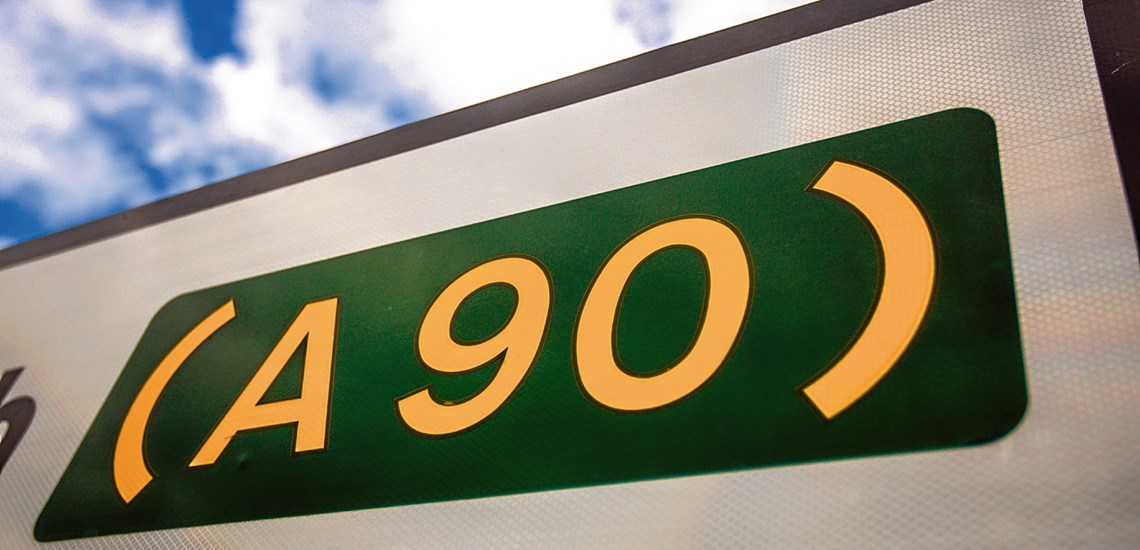A “new” asphalt that uses recycled waste tyres has been launched by Tarmac, according to an article in Highways Magazine.
Tarmac finally gets behind rubberised asphalt
The article suggests that Tarmac is the first in the UK to develop rubberised asphalt technology. The reality is that the first rubberised asphalt test strip was laid in Kent back in the early 1990s.
Rubberised asphalt has been widely used throughout the USA, Spain, Italy, Austria, Australia and other developed markets for the past 50 years since it was first laid in California.
In fact, Breedon Aggregates used rubberised asphalt in Scotland on the A90 Perth to Dundee road. Transport Scotland, the Scottish agency for roads has authorised the use of the material and it is being laid on replacement surface projects in Scotland.
Tarmac was at the forefront of developing a rubberised asphalt for UK roads, but it has, according to industry sources, not been proactive in using the material.
It can only be good news for the UK’s road users that Tarmac has declared its intent to use rubberised asphalt. The “new” material will create quieter, longer lasting roads, with proven better adhesion and draining properties than conventional bitumen.
Tarmac estimates that it will be possible to recycle and reuse up to 750 waste tyres for every kilometre of highway surfaced with the new material, depending on the thickness of the road, which would help to reduce the 120,000 tonnes of rubber waste exported from the UK annually.
Brian Kent, technical director at Tarmac, said: ‘While plastic recycling has attracted media headlines, used tyres remain a significant and overlooked waste stream and our new innovative rubber modified asphalts offer a more sustainable option for our industry and the environment.
‘Rubber is used in asphalt across the USA, but in the UK there is a lack of the necessary industrial infrastructure required to allow manufacture of this type of material. Against the backdrop of major investment in the strategic road network there is now an opportunity to leverage this technology and unlock the benefits of this circular economic approach.’
As part of recent trials of the new material, Tarmac supplied asphalt with rubber in Coventry.
Rob Little, senior engineer, highways technical, Coventry City Council, added: ‘Coventry City Council is delighted with the rubberised asphalt trial; we hope we can use more of the product across the city in the future to help divert waste tyres from landfill and incineration to reduce the carbon footprint for road construction projects in Coventry.
‘We are proud to be leading with our partners, Balfour Beatty and Tarmac in providing road surfaces which are providing significant environmental benefits for our communities.’
Peter Taylor OBE, secretary general of the Tyre Recovery Association commented: ‘While there has been significant progress in reusing and recycling waste tyres in the UK, there is still an over reliance on the export of used tyres to countries such as China, India and Pakistan, who are importing fewer tyres as they become self-sufficient.
‘The UK needs a second [sic] disposal route for used tyres. Tarmac’s commitment to developing rubberised asphalt provides an excellent opportunity to achieve this and deliver environmental savings for this under-used waste stream.”




















